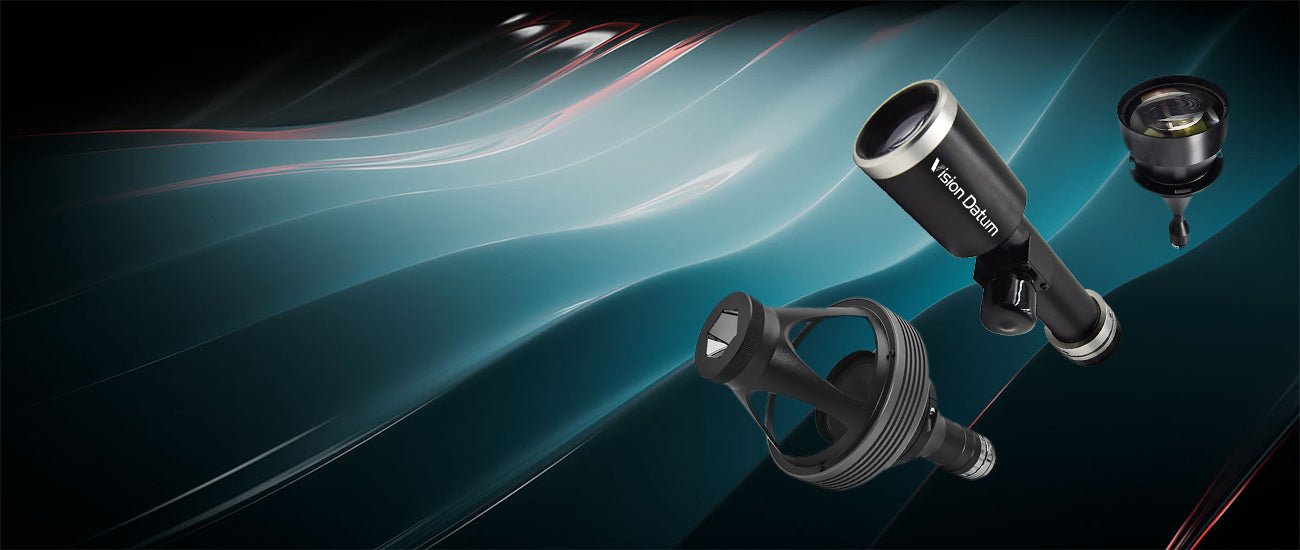The lens optical format refers to the size and shape of the lens that is compatible with a specific image sensor. Using the right lens format for the image sensor is important to achieve the best performance and image quality. Using a lens that doesn't match the camera sensor can cause dark corners, distortion, and blurry images.
Not all lenses are compatible with all cameras. Cameras have different sensor sizes and formats.
Choosing a lens specifically made for your camera is important. This will help you achieve the best results. Some cameras allow users to change lenses, while others feature fixed lenses. The lenses fit the camera's sensor size.
To get good photos and videos, you need to understand the connection between the lens and image sensor. The size of the lens and image sensor affects how good your photos and videos turn out. Knowing how these two components work together can help you achieve the best results in your photography and videography. Choose the correct lens for your camera to make sure your pictures are clear, sharp, and without any distortions.
To answer these burning questions, let's delve into the world of machine vision camera sensor sizes, as illustrated below:

This table/image portrays the various sensor sizes commonly used in industrial cameras. Common sensor sizes, include 1/3", 1/2", and 2/3". Crucial to remember that these inch designations are just a naming convention and don't correspond to actual measurements.
Here's the key factor: the image circle— the diagonal measurement of the sensor. This value, for instance, is 6 mm for the 1/3" format sensor.
Critically, the lens size must be equal to or larger than the image circle to capture the entire image. If the lens is smaller, it will cause vignetting, which is the cutting off the image corners.
camer lens

(Lens optical format (circle) vs sensor size (rectangle))
The industrial camera sensor is 6mm diagonally, similar to a 1/3" format. It requires a lens that is at least the same size to provide full coverage. As shown below, a smaller lens (represented as a 1/4" format) is insufficient to capture the entire sensor area.

What can I do when there is no specific lens format matching the image sensor format?
Newer sensor sizes like the 1/1.2" format (IMX174, IMX249) boast a larger diagonal of 13.4mm compared to traditional options. While dedicated lenses exist for this format, their availability is limited.
Considering the size chart, the 1/1.2" format falls between the 2/3" and 1" formats. However, the 2/3" format's image circle (11mm) falls short of fully covering the 1/1.2" sensor, resulting in image vignetting. To avoid problems, choose the common 1" format for more lens options from different brands.Vision Datum provide various solutions for lenses, please contact us if you have any trouble.

